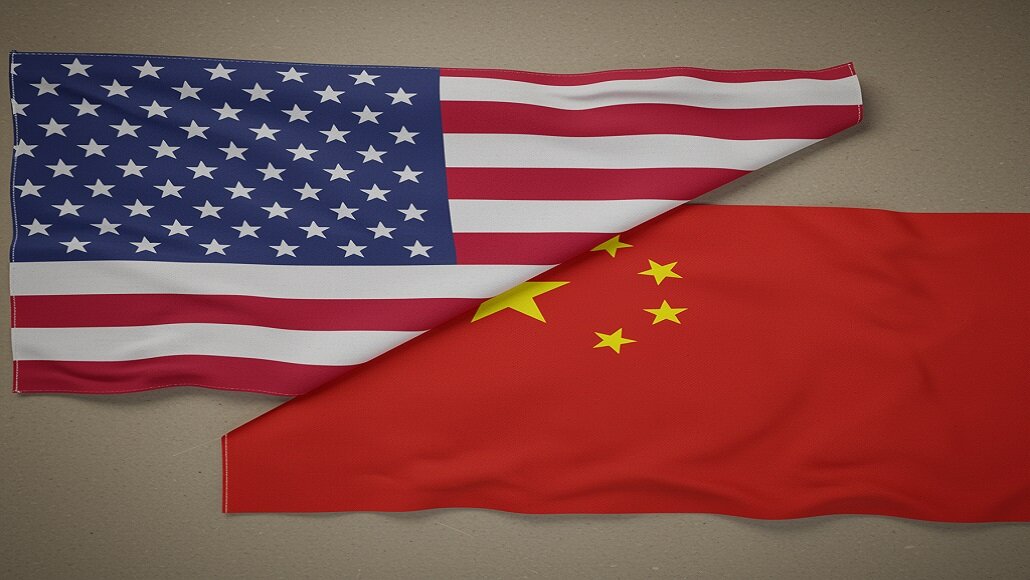American Circular Textiles (ACT) has made a public appeal following a White House briefing led by US Trade Representative Ambassador Greer and Treasury Secretary Scott Bessent. During the briefing, the administration reaffirmed its commitment to reshaping trade relations between the United States and China, with a particular focus on key industries such as steel and semiconductors.
While commending President Donald Trump, Ambassador Greer, and Secretary Bessent for their efforts to protect domestic industries and enhance national resilience, ACT highlighted a significant shortfall in the nation’s ability to mass-produce critical items. These include military uniforms, cut-and-sew products, and recycled fibers—an issue that poses potential vulnerabilities for both commercial and national defense operations.
Rachel Kibbe, CEO and founder of ACT, emphasized the fundamental role of textiles in rebuilding critical infrastructure. She stated, “Textiles are indispensable for initiatives such as military preparedness, disaster response, and advancing circular economy innovation. The administration must make domestic textile capacity a top priority within both trade and industrial policy.”
ACT also expressed its strong support for closing the de minimis loophole, which has facilitated an influx of ultra-fast fashion and low-cost imports into the United States. Eliminating this loophole is considered a pivotal step in reviving competitiveness within the US textile industry. However, ACT stressed the need to treat secondhand goods differently from new imports due to their substantial contribution to environmental sustainability, advocating that they should not face the same regulatory restrictions.
To further its goals, ACT plans to engage with Congress and the Biden administration to ensure adequate attention and protection for both new and recycled textile production infrastructures.
Separately, the United States and China recently agreed to a temporary reduction in import tariffs for a 90-day period starting May 14. Under this agreement, US tariffs on Chinese imports will drop to 30% (down from 145%), while Chinese tariffs on US imports will decrease to 10%.
Earlier this month, the National Council of Textile Organizations (NCTO) voiced concerns over Treasury Secretary Bessent’s comments on “precision manufacturing,” which the council viewed as dismissive of the significance of the textile and apparel sectors.
Additionally, ACT introduced a comprehensive policy document titled “A National Blueprint for Effective EPR.” This document outlines a vision for establishing a robust, infrastructure-driven extended producer responsibility (EPR) program for textiles in the United States. By focusing on scalable solutions, the blueprint aims to advance sustainability in textile production and waste management nationwide.

































